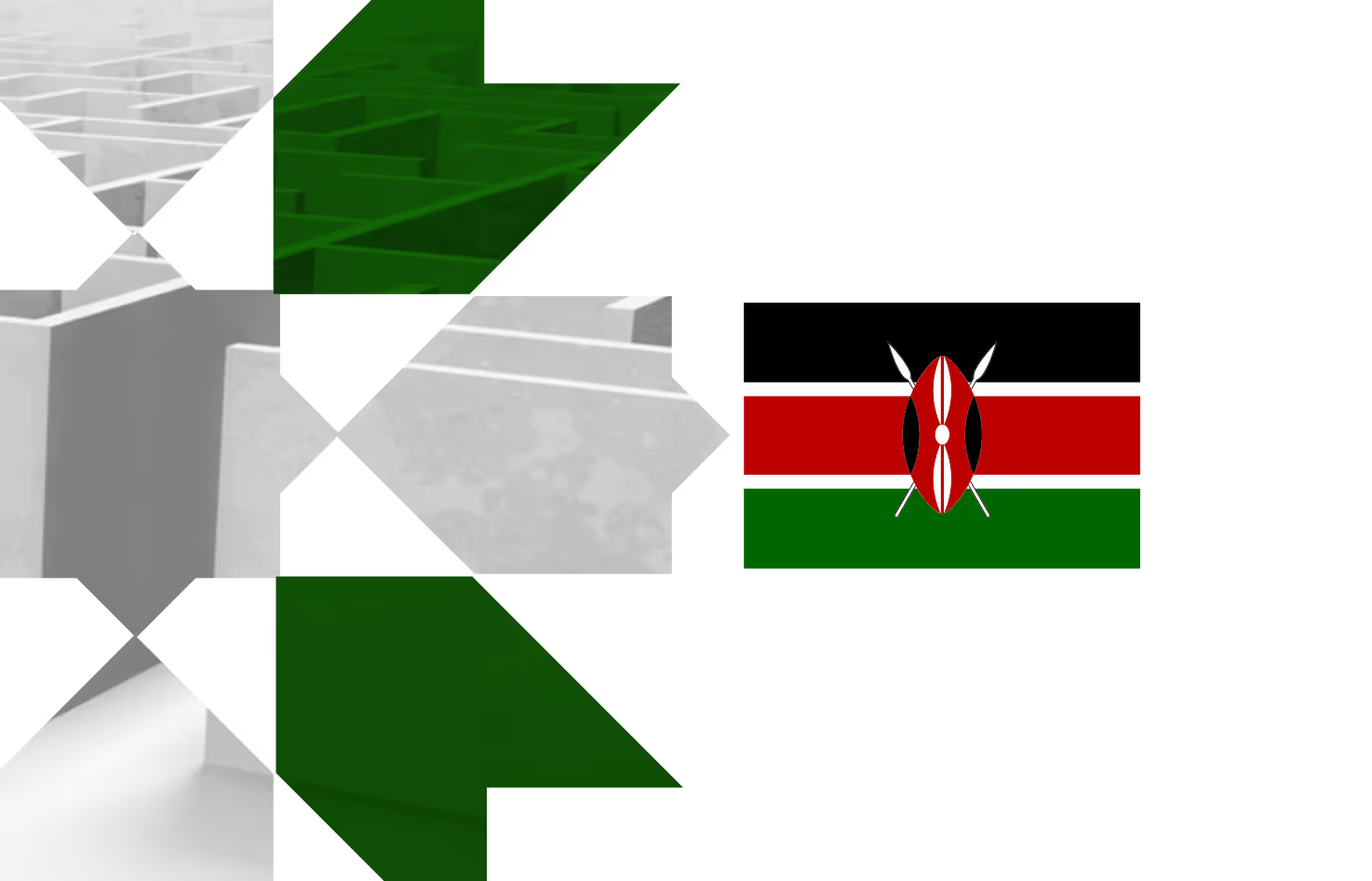Resources
10 Points Why Gender is Material to Investments in Kenya’s COVID-19 Recovery

Since the start of the COVID-19 pandemic, reports have emerged about the gendered aspects of its impacts in Kenya. From spikes in gender-based violence to increasing childcare duties falling on girls and women to the economic fallout in sectors dominated by women workers, this pandemic – like all global crises – is not gender neutral.While the human and economic risks are well documented, less analysis has been completed about how these patterns will impact investment outcomes. But one thing is clear: the scope and magnitude of the economic and social gender inequalities and the ways in which they are being exacerbated by the COVID-19 pandemic will change how Kenyan investment opportunities perform.Criterion Institute, in partnership with members of the Addressing GenderBased Violence in East Africa collective, has identified 10 evidence-backed economic patterns and translated them into investment opportunities and risks. Understanding these patterns is critical for investors to appreciate short and long-term risks, uncover hidden opportunities and invest to capitalize on both. Presenting these will enable government and impact investors focused on Kenya’s recovery to invest better for the outcomes they seek.For each point, we name the proven economic patterns, their relevance to Kenya’s recovery, their relevance to investments, and key points to track so that investors have a comprehensive understanding of the COVID-19-related shifts happening in Kenya. In some cases, the data we identify may not be tracked in consistent ways. We include them anyway, because this research highlights, in part, data gaps that are crucial to investment analysis. It is important to note that gender patterns are complicated by class, ethnicity and other identities along which power and discrimination operate. Investors should examine these factors and understand how they relate to Kenya.Kenya’s recovery from the COVID-19 crisis will be long and difficult, and the need to course-correct by incorporating a gender analysis is urgent. If investors do so, they will be able to structure capital flows, so that Kenya’s economy is rebuilt with greater stability and gender inclusiveness to the benefit of all.
Our work depends on an ever-expanding community of team members, advisors, donors, and other partners who help us achieve our mission.